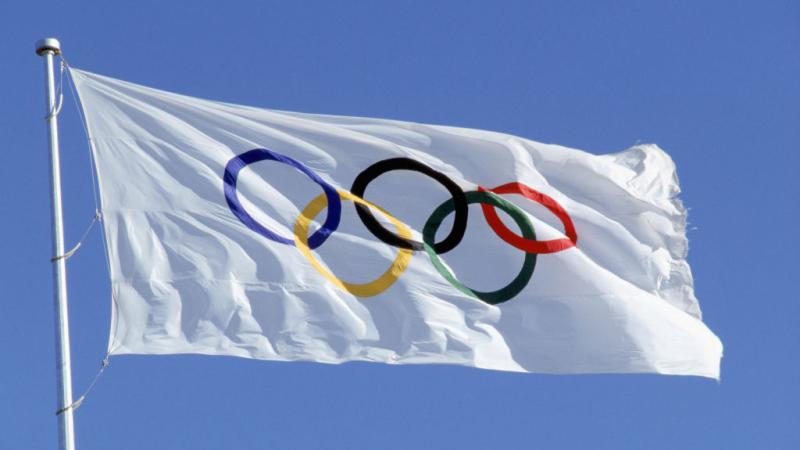Washington state Supreme Court denies GOP effort to reject fiscal impact messaging on initiatives
By state statute, a public investment impact disclosure must appear on the ballot itself alongside the initiative.
The Washington Supreme Court has rejected a bid brought by Washington State Republican Party Chair Rep. Jim Walsh, R-Aberdeen, to stop the state from issuing financial impact statements on three initiatives on the Nov. 5 ballot.
The three measures are Initiative 2109, to repeal the state’s capital gains tax; Initiative 2117, to repeal the 2021 Climate Commitment Act and its cap-and-trade program to reduce greenhouse gas emissions; and Initiative 2124, to make participation in the WA Cares long-term care insurance program optional rather than mandatory.
Walsh made the case that the Office of Financial Management wrongly calculated the potential impacts of repealing the measures and that I-2109 would have no impact because lawmakers, in effect, repealed the capital gains tax by passing Initiative 2111 in March. I-2111 prohibits the state and its localities from imposing a personal income tax
Walsh told The Center Square he was disappointed in the state Supreme Court’s “small-minded conclusion that really focused on technicalities while ignoring the merits of the case.”
He went on to explain, “They said we mislabeled a filing, and they criticized our form of pleading.”
“Mandamus and prohibition are available in highly limited circumstances that have not been shown here,” the court said in its unanimous ruling. “We affirm the trial court’s denial of prohibition and mandamus relief and dismissal of this case."
A writ of mandamus is a court order that compels a public official, government agency, or lower court to act. A writ of prohibition is a court order that prevents a judicial act that exceeds a court's jurisdiction.
“This is not a profile in courage; they didn’t consider any of the substance of what we said,” Walsh said, likening the court’s decision to waiting in line at the Department of Licensing.
“They tell you you’re in the wrong line, you have to go get in the other line,” he continued.
Walsh said he plans to refile at some point post-election, given the importance of the issue.
“They didn’t address the substance of any of it,” Walsh continued. “They allowed [Attorney General] Bob Ferguson’s misleading, exploitive commentary to stay on the ballot, and in that way, they are not serving the people of Washington. They wimped out, they chickened out.”
Walsh took some solace from the fact that the high court could take up the case in the future.
“They indicated if we put the right form on the filing, then they would consider the merits of the case, so okay, we’ll go to the other line,” he said.
By state statute, a public investment impact disclosure must appear on the ballot itself alongside the initiative, briefly describing the public investments that the measure will affect. The attorney general must use neutral language that cannot reasonably be expected to prejudice the vote.
Walsh and other initiative supporters, including Let’s Go Washington, the organization behind the initiatives, have told The Center Square that the language on the ballot is anything but neutral.
Let’s Go Washington’s Hallie Balch pointed to what voters see on the ballot for I-2117.
The ballot language includes this: “This measure would decrease funding in investments for transportation, clean air, renewable energy, conservation and emissions reduction.”
Balch said, “It would be helpful if there was an unbiased, non-political message next to the ballot statement because it feels like it is so one-sided.”
She said the message should include language to say supporting I-2117 will bring down gas prices and grocery and utility bills.
Earlier this year, the court ruled that fiscal disclosures should be on the November ballot. In Thursday’s ruling, the court explained its reasoning for doing so.













